
Oil for Food: The Global Food Crisis and the Middle East
Like the Gulf countries, Iraq has a high dependence on oil export revenues, food imports and considerable population growth.

Like the Gulf countries, Iraq has a high dependence on oil export revenues, food imports and considerable population growth.

While it is tough to predict how developments in Iraq will manifest in the future, Iraq’s new political dispensation under Haidar Al-Abadi is actively striving to move beyond Maliki’s destabilizing ethno-sectarian legacy and treading the path of dialogue and reconciliation.
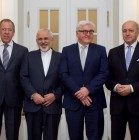
Iran and six world powers reached a historic deal on the 14th of July in Vienna. This deal could have far reaching consequences and significantly alter geopolitics in the Middle East.
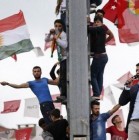
A HDP-AKP coalition will not only be good for domestic politics, but also will continue to build on the success stories Turkey has achieved in the Kurdistan Region of Iraq.
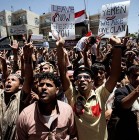
The atmosphere of regional volatility and high stakes for Saudi Arabia’s and Iran’s national security, might lead these two countries to strengthen their military positioning on different fronts across the Middle East.

At the moment, skeptics specially in the US, are vocal in condemning both President Obama and Iran but it may well be argued that regional security is better served through an accommodative Iran engaged with the international community as opposed to an isolated and threatening one.
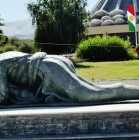
A Kurd could argue that the long hardship and series of disasters inflicted upon the people of Iraq are direct consequences of the complacency and indifference embedded in the foreign policy of the superpowers.
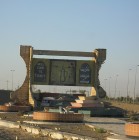
As the much publicised attack on Tikrit is underway, it is important to look at the deeper significance of such an operation. Beyond regaining lost territory, the battle for Tikrit will play a defining role in the coming year for Iraq. As a Symbol The timing of the operation was by design. Forces moved towards […]